The decades-long conflict between the two nuclear-armed countries is increasing.
Others are reading now
The decades-long conflict between the two nuclear-armed countries is increasing.
India strikes in Pakistan
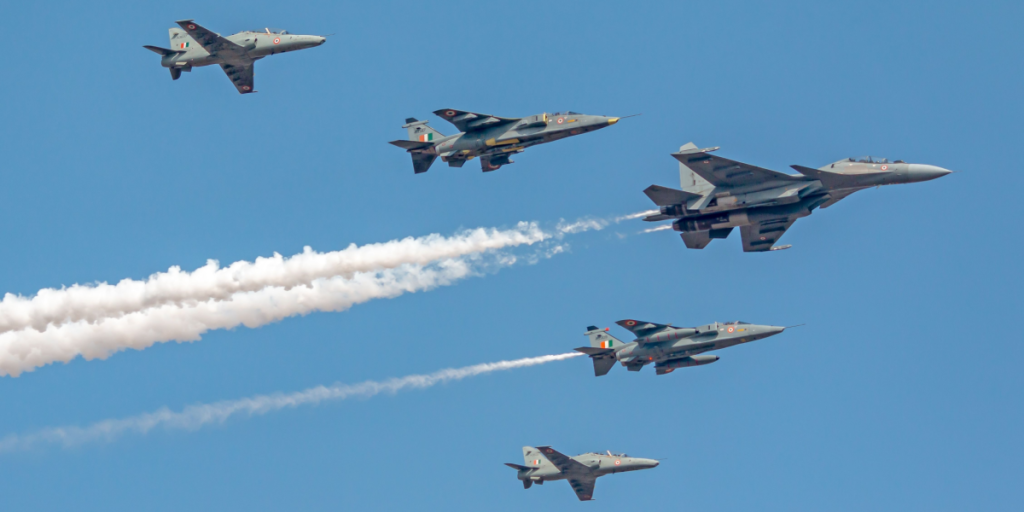
During the night, local time, India has launched missiles strikes on nine sites in Pakistan and the Pakistan-administeret part of the Kashmir Region. Pakistan claims to have shot down five Indian fighter jets (not confirmed by India).
Civilian casualties

India claims that seven civilians have been killed by Pakistani shelling in the India-controlled part of Kashmir, while Pakistan says that 26 people have been killed in the Indian air strikes.
The infamous terrorist attack
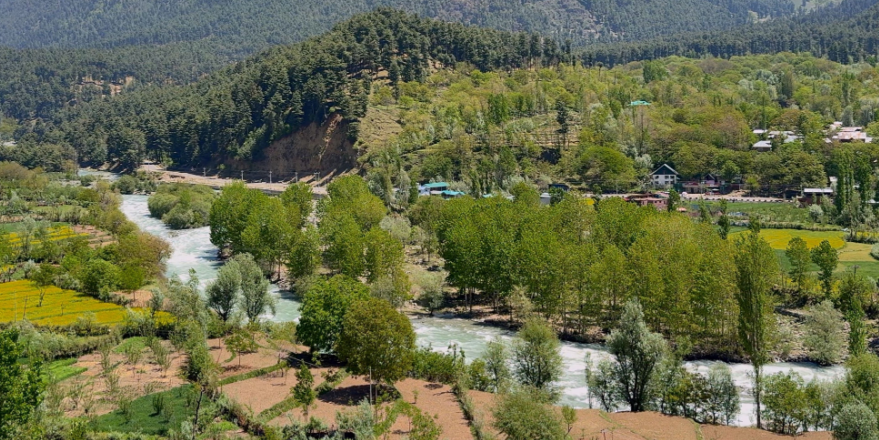
The reason for Indias military operations into Pakistan is the terrorist attack in Pahagalm in the contested region of Kashmir. It took place earlier this year, where a group of armed militants targeted tourists near Pahagalm, killing at least 28 civilians.
Also read
A decades-long conflict
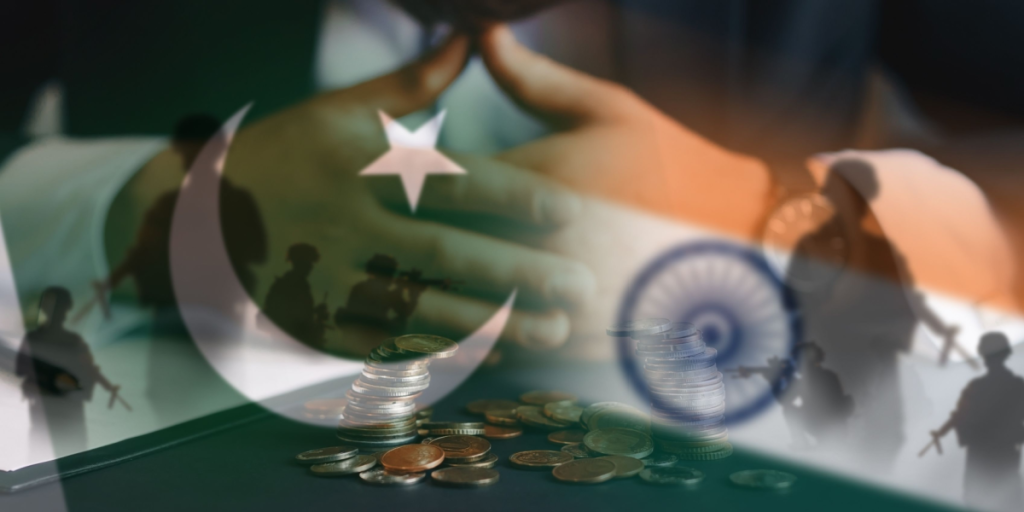
Tensions between India and Pakistan, however, did not start with the attack earlier this year. Actually, to understand why the two nuclear-armed countries are at each others throats, we need to go back more than 77 years.
The “Partition of India”

When British colonization of India was coming to an end with the “Partition of India”, it was the intention to have a clean partition between independent and equal “Pakistan” and “Hindustan” – basically splitting India into two countries following its independence. The point of this was to create a Muslim state for those who whished.
Inter-communal violence
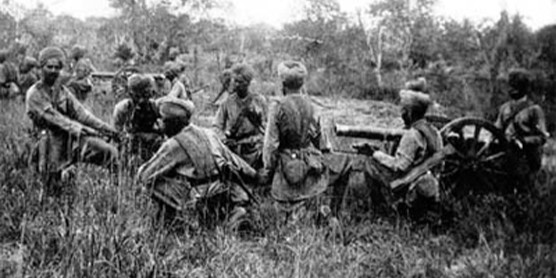
Nearly one third of the Muslim population of India chose to stay in the new India, however, and inter-communal violence between Muslims, Sikhs and Hindus resulted in between 200,000 and 2 million casualties along with 14 million people being displaced.
The First Kashmir War
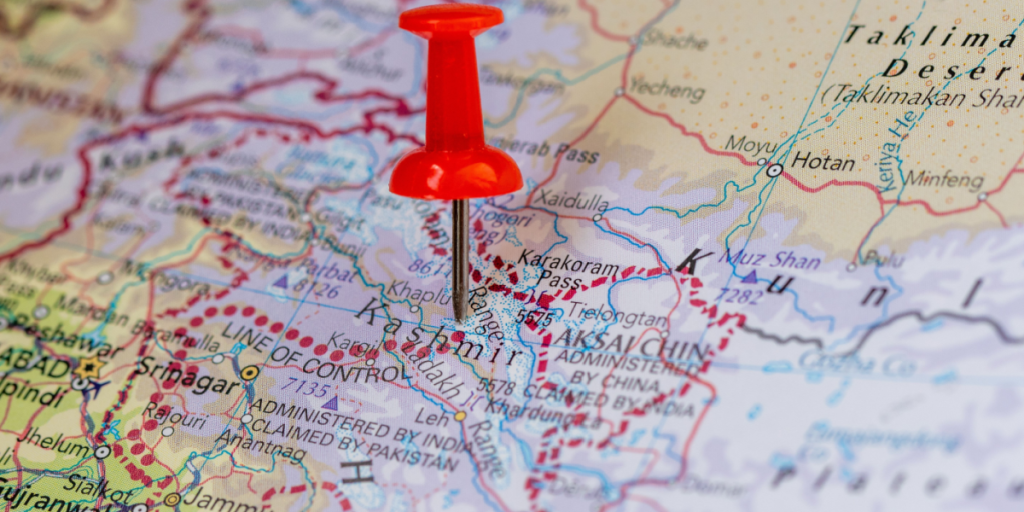
Only two months after the “Partition of India” was presented, the first Indo-Pakistani war broke out. It lastet for the rest of 1947 and all of 1948, before a ceasefire went into effekt on January 1st 1949. The war resulted in India gaining control of two-thirds of Kashmir, Pakistan controlling the last third.
The reason for the war
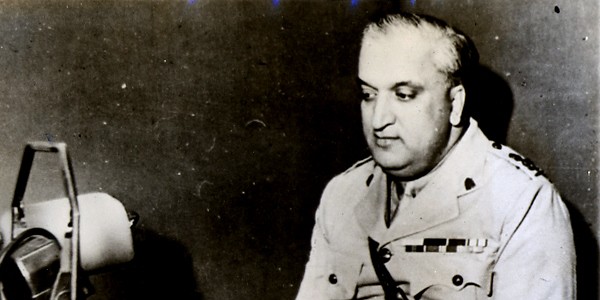
Following the “Partition of India”, princely states in India were provided with an Instrument of Accession, meaning the states had the option to accede to either India or Pakistan. The war broke out when Pakistan feared the Maharaja of Kashmir and Jammu would accede to India. The states had a majority of Muslim population.
Operation Gibraltar
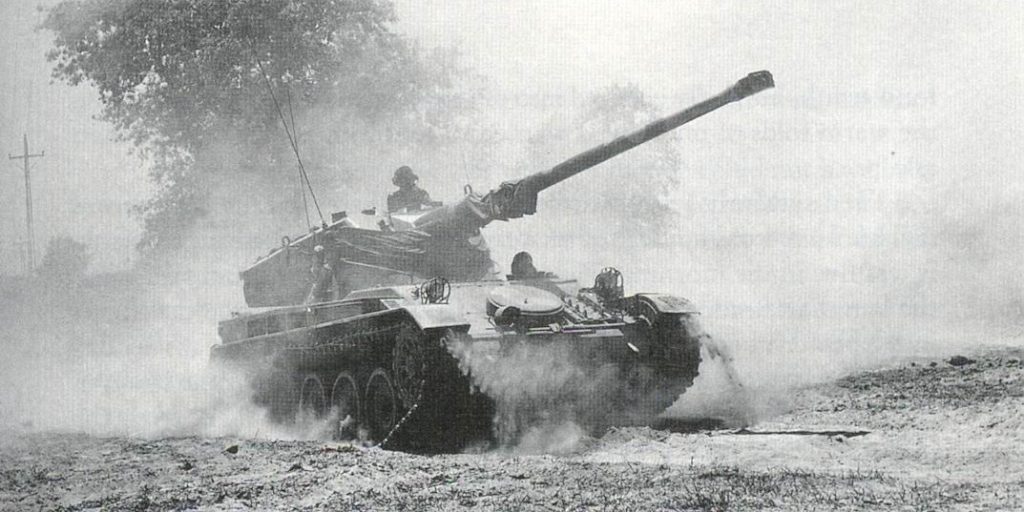
In August 1965, Pakistan launched Operation Gibraltar. It was a military operation aimed at inciting an uprising against India in the Kashmiri population. India retaliated by launching a full-scale attack on West Pakistan, and after 17 days of war, both sides had suffered thousands of casualties.
The War of 1971
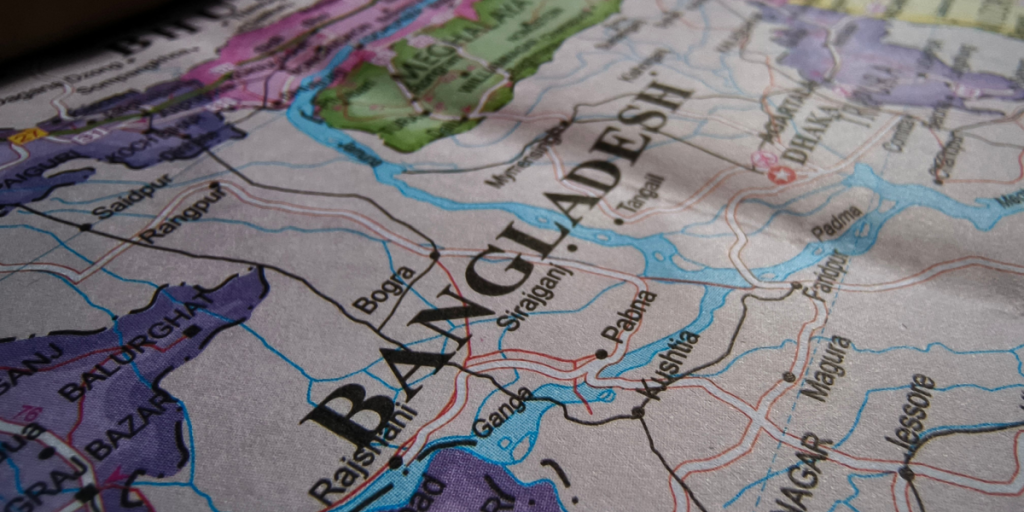
Uniquely, the War of 1971 did not involve the issue of Kashmir. Instead it was precipitaded by the political battles brewing in East Pakistan (now Bangladesh). The culmination of the political battle ended in Bangladesh creating a declaration of independence, and armed fighting broke out resulting in 10 million Bengalis in East Pakistan taking refuge in India.
Pre-emptive strike and full-scale hostilities

India chose to support the ongoing Bangladesh liberation movement, and this priompted Pakistan to launch a large scale pre-emptive strike on forward airbases and radar installations, resulting in a full-scale conflict once again. The war ended with the creation of the Peopl’s Republic of Bangladesh.
The Kargil War
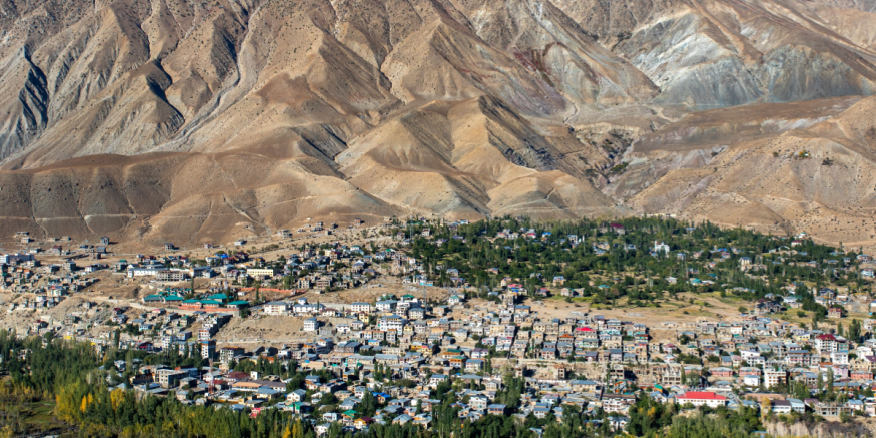
After decades without any major fighting, Pakistani troops infiltrated and occupied Indian territory in early 1999. India’s response came in the form of a major military and diplomatic offensive to drive the infiltrators out. Fearing being internationally isolated due to increasing diplomatic pressure from several countries, Pakistan withdrew its forces from the remaining Indian territory.
International involvement
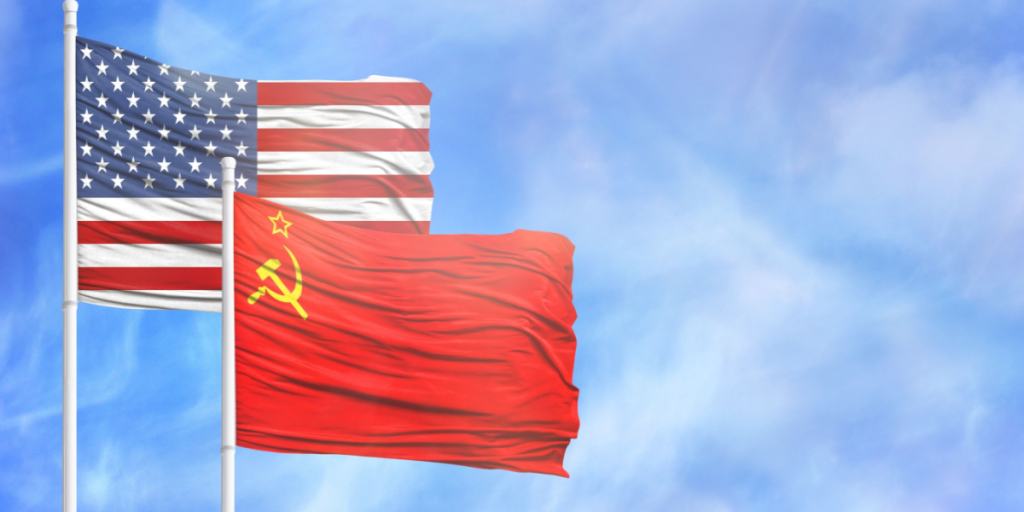
During the conflict between the two Countries, several other Nations have become involved at some point. The Soviet Union provided India with diplomatic and military assistance in the 1971 war, the U.S. provided the same to Pakistan, and China has helped Pakistan with diplomatic support on several occasions.


